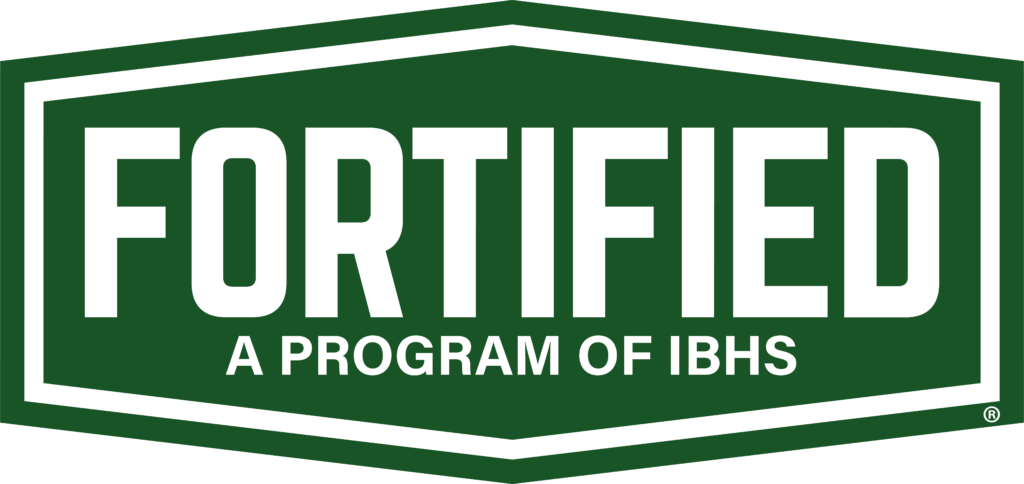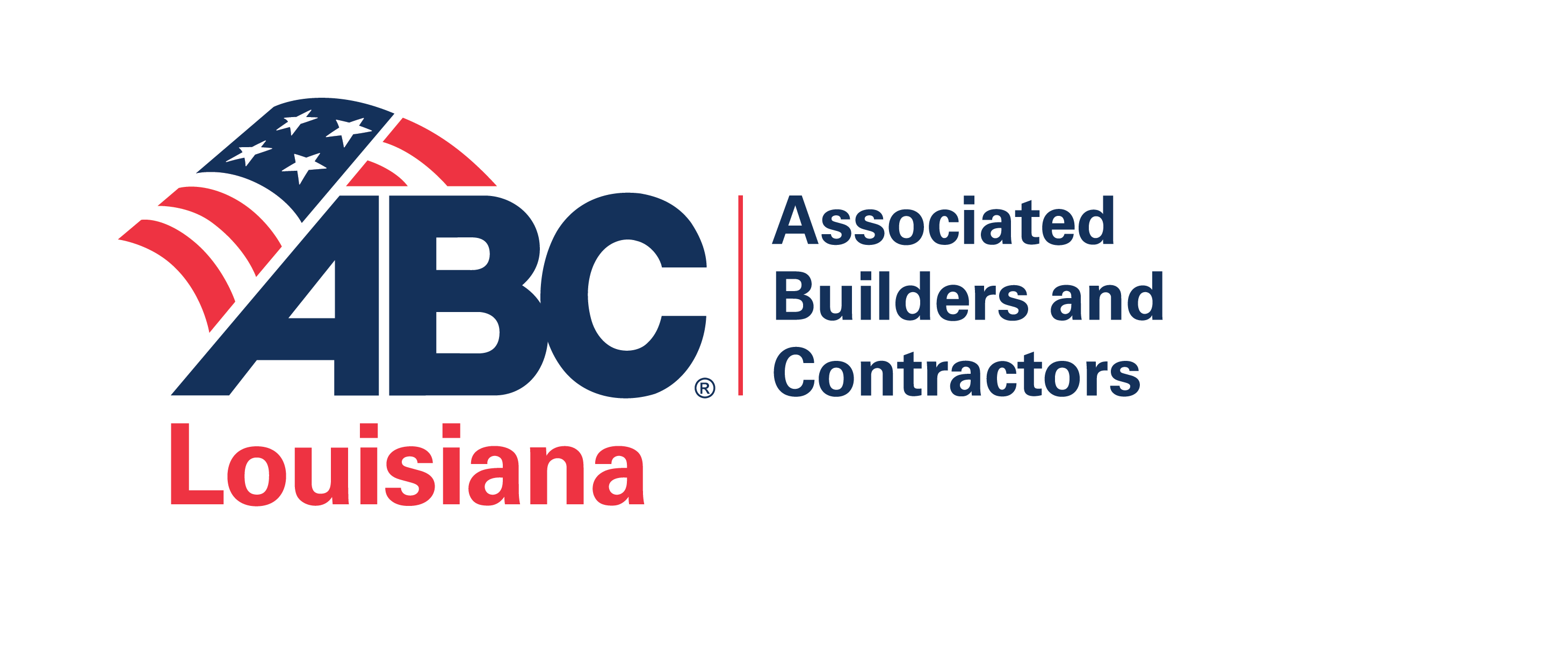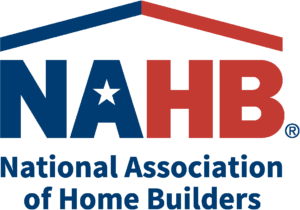As residents prepare for Hurricane Francine this morning, we are all aware of the possibility of mass power outages. Having a backup power source like a generator can be a lifesaver. However, using generators comes with its own set of safety concerns. Ensuring that you use your generator correctly can help keep you and your family safe. Here’s your guide to generator safety as we brace the storm.
1. Understand Your Generator’s Power Needs
Before you even turn on your generator, make sure you know what it’s capable of powering. Generators come in various sizes, and you should select one that matches your needs. Prioritize essential appliances such as refrigerators, medical equipment, and a few lights. Avoid overloading the generator, as this can cause damage to the generator or the appliances connected to it.
2. Proper Placement is Key
When using a generator, placement is critical to avoid dangerous fumes. Never operate a generator indoors or in enclosed spaces like garages or basements. Even with ventilation, generators produce carbon monoxide (CO), a colorless, odorless gas that can be fatal. Instead, place the generator outside, away from windows, doors, and vents to ensure that CO doesn’t enter your home. The generator should be positioned at least 20 feet from your home and any living areas.
3. Use a Transfer Switch
If you’re connecting your generator directly to your home’s electrical system, it’s crucial to install a transfer switch. A transfer switch safely connects your generator to your home’s wiring and prevents backfeeding, which can be dangerous to utility workers and can damage your generator. Professional installation is recommended to ensure everything is set up correctly.
4. Keep Fuel Safety in Mind
Generators run on fuel, which means you need to store it safely. Store gasoline in approved, tightly sealed containers in a cool, dry place, away from living areas and potential sources of ignition. Never store fuel inside your home or in your garage. Also, make sure to use fuel stabilizers to keep gasoline from degrading over time, especially if you’re storing it for an extended period.
5. Avoid Electrical Hazards
Use heavy-duty extension cords rated for outdoor use when connecting appliances to your generator. Ensure that the cords are in good condition and are not frayed or damaged. Never plug your generator directly into a wall outlet, as this can cause electrical hazards and damage to your home’s wiring.
6. Monitor the Weather
Stay informed about the weather conditions before and during a hurricane. The National Weather Service and local news will provide updates on storm progress and power outage forecasts. This will help you plan when to start up your generator and how long to run it, especially if you need to conserve fuel.
7. Educate Your Family
Make sure everyone in your household knows how to operate the generator safely. Teach family members the basics of generator use and the importance of keeping it away from the home. This knowledge is crucial during an emergency when quick action may be required.
Using a generator during a hurricane or power outage in the New Orleans metro area can provide essential power, but safety should always come first. By following these guidelines, you can ensure that you and your family remain safe while keeping your essential appliances running.
Remember, Burk Construction and Development is here to help, whether it’s cleaning up property and debris or making major repairs. Stay safe and prepared, neighbors!




